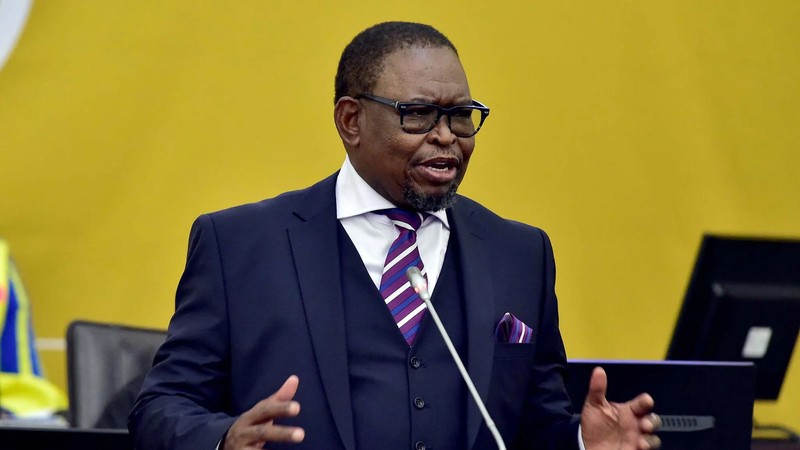As South Africa prepares for the Medium Term Budget Policy Statement (MTBPS) on 12 November, the call for robust fiscal discipline alongside targeted relief for small businesses is echoing louder.
SME services provider Lula has taken a firm stance, urging Finance Minister Enoch Godongwana to deliver on the much-anticipated mini budget with clear timelines for essential structural reforms that directly benefit the small and medium enterprise (SME) sector.
SMEs play a crucial role in South Africa’s economy, generating approximately 40% of the nation’s GDP.
As the country grapples with persistent structural issues, soaring national debt, and bleak growth projections, the CEO of Lula, Garth Rossiter, argued that without certainty, small businesses cannot commit to investing in the future or hiring new staff.
“The greatest threat to SME growth right now is not a lack of resilience, but fiscal paralysis. Our businesses cannot commit capital for expansion and hiring when the government remains unable to offer a guaranteed, clear trajectory for electricity, logistics costs, and the national debt path. The Minister’s main job is to remove this uncertainty,” Rossiter said, highlighting the critical importance of a predictable economic environment.
Rossiter maintained that small businesses have exhibited remarkable resilience, but they require clarity and assurance regarding three key cost drivers: electricity supply, logistics costs, and the management of national debt.
“What we really need from the Minister is not another promise, but a genuinely credible and binding fiscal framework,” he added.
His comments reflect a broader concern within the SME community that without clear indications of cost management, long-term planning and investment remain precarious.
Key Areas of Focus for the Mini Budget
Lula has outlined three pivotal areas where the mini budget must provide clarity and support:
- Infrastructure reform and timelines: Public infrastructure spending is essential, but the Minister must establish measurable, time-bound targets for reforms particularly in energy generation and transportation efficiency. Delays in operational efficiency are a direct financial burden on small businesses.
- Structural tax relief to drive growth: Lula urges the Minister to avoid broad-based tax increases that could hinder small businesses. Specifically, a revision of the stagnant Value-Added Tax (VAT) registration threshold, currently set at R1 million, is essential to alleviate administrative and financial hurdles affecting growth.
- Digital-focused procurement and compliance: Plans to streamline government tender and payment processes must be outlined, especially for SMEs. Prioritising spending that enhances digital inclusion and cybersecurity is vital for the long-term sustainability of small businesses.
“Raising the VAT threshold from R1 million to a more contemporary level, such as R3 million, is a critical step for government to lighten the burden on small businesses. By easing administrative requirements, small businesses could reinvest more resources into their core operations, which is vital for stimulating economic growth and creating jobs,” Rossiter said.
Ultimately, the outcome of the mini budget has broader implications for the South African economy.
“The mini budget must signal to the private sector that the government is serious about eliminating obstacles to economic activity. Our risk calculation is directly linked to the stability of the operating environment. Any commitments made must translate into tangible improvements, including reliable power supply, efficient movement of goods, and reduced compliance burdens,” Rossiter said.
BUSINESS REPORT
